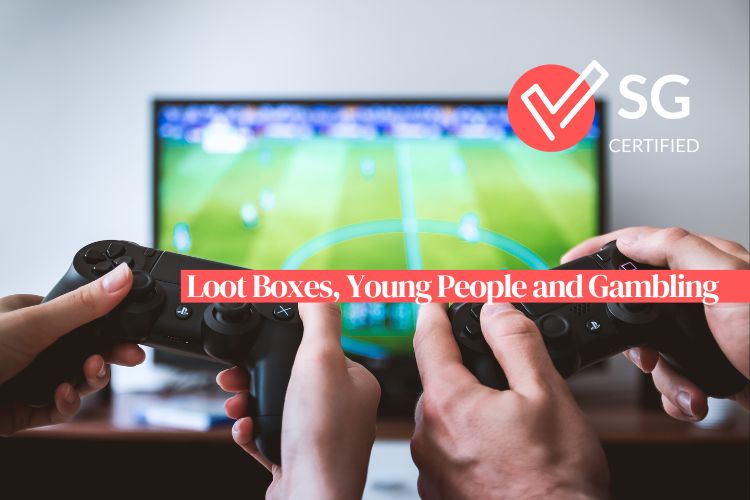Loot boxes & gambling in Australia

Loot boxes & gambling in Australia
The Australian government has proposed introducing an R18+ rating to all video games that contain simulated gambling. It will also seek to require all games with paid loot boxes to carry at least an M-rating. The proposed changes come amid growing concern over children's access to casino-style games that have links to real monetary gambling. The changes may also mean people under 18 will not be allowed to purchase games that contain simulated gambling as a narrative element of a broader game.
The government's proposals require agreement from states and territories to proceed. Communications Minister Michelle Rowland says the changes are intended to address concerns that these games can encourage players to migrate to gambling. Ms. Rowland added that there is growing community concern around the harms of simulated gambling, and that a proportionate response is required that reflects community standards, research, and international best practice in this area.
Some game developers have already phased out loot boxes, including in the popular game Fortnite. Researchers have found that adolescents who play and spend money in simulated gambling games are more likely to have a gaming disorder than those who do not play.
The multi-billion dollar global "social casino" industry is dominated by major companies in the gambling industry. Many of these games emulate the experience of a poker machine, even allowing players to purchase more virtual coins. But they never pay out real money, meaning they are not treated as gambling services and are regulated as video games.
Nick Fischer, a gambling counsellor at Wesley Mission, calls social casinos "the next era" of gambling. Fischer says an increasing number of people seeking help for gambling have played simulated gambling games. One of his clients, who had been gambling for about 25 years, had migrated to social casino games.
Last year, a woman in Mackay was jailed for fraud after stealing nearly $1 million from her employer for social casino gameplay. The ubiquity of the games has made them hard for people to avoid. "If you have a particular issue around gambling, you can at least avoid a venue, but it's very hard to avoid your phone, and that's why it's become so disruptive for so many people," says Fischer.
Professor Sally Gainsbury from the University of Sydney says social casino games are among the oldest skewing game genres. The average age of a social casino game player is over 45, particularly amongst slots. And bingo players, that demographic very much skews towards older people, she says.
That doesn't mean children aren't playing them too, with studies suggesting between 12 and 25 per cent of adolescents have done so. However, the industry disputes this, saying that less than 0.25 per cent of players are under 18, and just 0.008 per cent of players are both under 18 and spend money in social casinos.
Most academic research is based on surveys with relatively small sample sizes, but studies consistently suggest a link between social casino games and traditional gambling. In 2014, Canadian researchers surveyed 99 social casino gamers twice, six months apart, and found that around a quarter of them reported migrating to online gambling. They found that the odds of someone who had bought credits in social casinos migrating to online gambling were about eight times higher than those who hadn't.
Aristocrat Leisure is one of the largest gaming machine manufacturers in the world, with machines operating in more than 100 countries. Alongside its traditional business, the ASX-listed company has also quickly grown its digital revenue, of which simulated gambling makes up the biggest slice. Aristocrat's revenue across its entire business fell amid the pandemic storm, as traditional gaming operations were affected by global lockdowns.
Category
Other Blogs

March 29, 2023
Operators Must Take Greater Responsibility in Protecting Customers from Gambling Harms

March 14, 2023
Award judging: what we truly look for beyond the PR

March 10, 2023
And a measurable increase in problem gambling.

March 09, 2023
Belgium to ban gambling ads from July 1

May 30, 2025
G4 Partners with SGcertified to Strengthen Auditing Services in Responsible Gambling

May 16, 2025
Nueva reglamentación publicitaria en España

January 20, 2025
The Importance of Accreditation with Lottopar

January 16, 2025
Insights on Anti-Money Laundering (AML) and the Didier Reynders case


